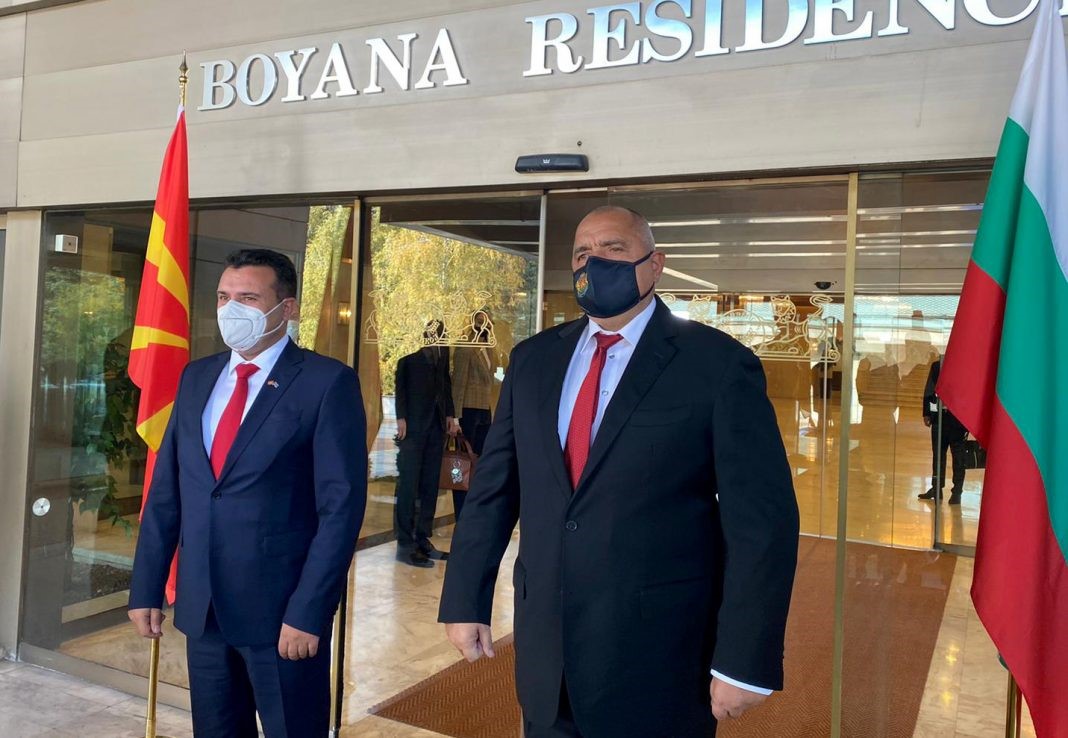
Friday, December 4, 2020
Macedonian and Albanian Accession to the EU Blocked Because of Bilateral Issues
On the 17th of November, Bulgaria vetoed the accession of Macedonia and Albania to the EU. It was a move that hurt the aspirations of both the Macedonian and the Albanian people to participate in EU integration. The path for accessing the EU was opened after the Prespa Agreement which was signed in 2018 and ended a bitter dispute between Athens and Skopje that had lasted for more than thirty years.
Officials in Bulgaria accused the Macedonian government for distorting history and disrespecting the cultural history of Bulgaria; asking among others, that a roadmap for the implementation of a 2017 friendship treaty between the two countries must be added to the initial stage of accession negotiations. However, these disagreements are not part of the Copenhagen Criteria. Additionally, the EU Enlargement Strategy calls for the addressing of bilateral issues, including those that pertain to opposed views of recent history, by the parties concerned without holding up the accession process.
ECPM believes that the stance of Bulgaria creates a dangerous precedent and may enable other governments in the area to put forward similar issues in the future when their neighbours apply for EU membership. One must take into consideration that all countries in South-Eastern Europe tend to give excessive emphasis to historical disputes. Addressing historical and cultural disputes should be part of a process of developing productive bilateral relations. They should be discussed in a spirit of cooperation and not put forward as a reason to block the accession process. Once the accession negotiations start, both countries will have the opportunity to discuss these issues in a spirit of mutual respect. By blocking the accession process, the options that each government has at its disposal become limited, and extremist voices on both sides of the border are strengthened.
The European Council should respect the Copenhagen Criteria and therefore stop any attempt by Member States to block the accession of a potential member state based on bilateral political issues, including opposing views on history.